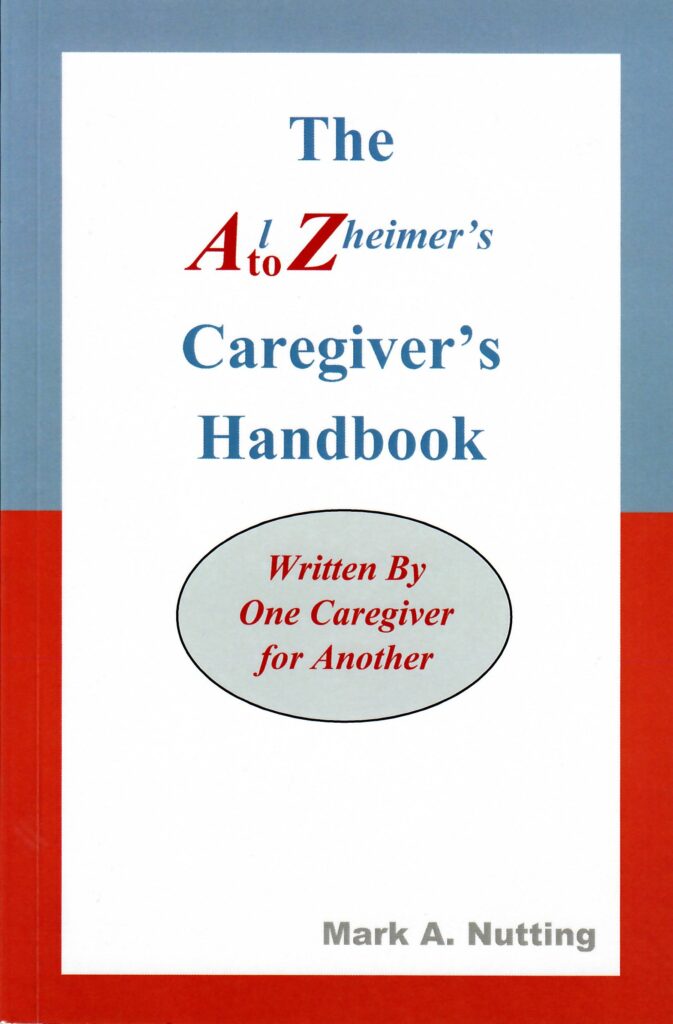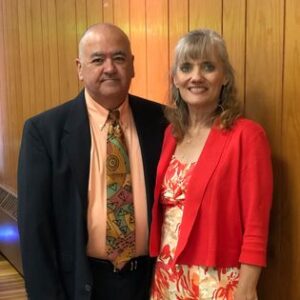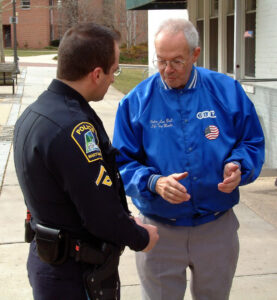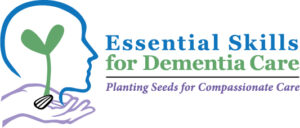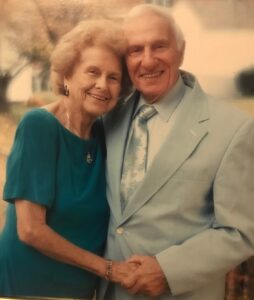I received an email after providing an educational program entitled The Journey of Dementia: What the Family Members are Experiencing. This was so meaningful to me that I asked the author if I could use this as a testimonial on my website and here is what he had to say:
“I would just like to say it was a very new and refreshing perspective. Over the past six months I have attended many online classes/courses/sessions on Alzheimer’s/Dementia/Caregiving in order to keep current, refreshed, and in tune so I can provide better caregiving support. When you take a lot of classes, many are review and information is often very similarly. However, this was the first session I have attended that was from the perspective of the caregiver(s) and family. Very different, very effective, and fills a gap. Kudos to Tammy for putting together and delivering such a unique class.” Mark A. Nutting, Caregiver and Author
Mark’s book is titled The A-to-Z Alzheimer’s Caregiver’s Handbook, Written by One Caregiver for Another, available on Amazon and is the topic of this month’s blog. Mark’s email was so thoughtful and kind, I wanted to buy his book and read it. Now, I am sharing it and recommending it. This is a short easy read for anyone caring for a loved one with Alzheimer’s Disease. Mark takes the reader on his journey as a caregiver for his mother, Carmella. Carmella was diagnosed with older onset Alzheimer’s Disease which is the most prevalent of all the Major Neurocognitive Disorders. My grandmother, Ruth was diagnosed with the same. Mark’s book would have been a wonderful resource for my family.
Mark explains the importance of early diagnosis. I find this particularly difficult for most caregivers as they are either uninformed that their loved one needs a neuropsychological work-up, or their grief locks them in denial where they are not open to this type of assessment. My concern is early in the process when a primary care physician is made aware of concern of memory loss, some may consider this a normal part of aging, prescribe medication, and forgo any follow-up referrals. Receiving a neuropsychological assessment can offer two conclusions. These include reversible conditions, such as a vitamin deficiency, untreated clinical depression, infection, or others; or a probable diagnosis of a major neurocognitive disorder such as Alzheimer’s Disease. He offers the benefits of the early diagnosis in the second chapter.
In chapter four, he refers to this period in his mother’s disease process as “The Terrible Too’s”. This refers to the behavioral and psychological symptoms of dementia. These include cognitively intact, cognitively impaired, agitated, afraid, and unable to properly provide safe self-care and medication management. He found himself at a crossroads where his Mom still had the capacity to make her own decision about continue to live at home and his desire to have her in a place where she would be cared for and safe.
When the time came, Mark reveals his tormenting experience of having to move his Mom into a nursing home. Carmella experienced delusions and hallucinations off and on. She was prescribed an antipsychotic medication which seemingly helped to lessen her symptoms although the side-effect was making her much too drowsy during the day. This is the part of the book where Mark explains his roles changed as a caregiver. While she was in the nursing home, his job was now to advocate and work with a team. He urged the medical team to revisit her medication from time to time as he would observe detrimental side-effects. As professionals, it is understandable and important that we recognize that family caregivers feel that no one will care for their loved ones the way they do. It is vital that the family and professionals have constant communication and are all on the same page for the best plan of care. Mark speaks to the white lies we tell a person with dementia in Chapter 5. It was a topic that he grappled with as many caregivers do. These white lies are better explained as fiblets. If you would like to know about filbeting read this post The Art of Utilizing a Fiblet.
Certain statements from the caregiver will cause the person with dementia will react in a positive or negative manner. Sometimes in a person’s delusional world, telling them the truth only creates an adverse emotion. Therefore, when we learn to use fiblets correctly, we evoke a more favorable response. Also in Chapter 5, Mark illustrates reflections of creative and successful interventions that may inspire the caregiver to his or her unique situation.
One of the more important points Mark addresses is the need for family caregiver involvement. I have heard so many times over the course of my career from family that they do not visit because he or she does not recognize me nor remembers the visit. Why would I visit? Well, Mark explains it fully, “your continued presence will help keep you in their recognition. Throughout the nine years from entering the nursing home until her passing, my mother knew me. Oh, she didn’t always know my name and had long since lost the understanding that I was her son, but she knew I belonged to her, and more importantly, whenever I was with her, she knew she was safe and so she was content.” We connect with our loved ones through touch, tone of voice, body language, and emotion that maintains attachment between us. We can comfort. We can reassure. We can love and receive love.
Caregiving of a loved one with dementia is a roller coaster of emotions. There is sadness and grief, but also hope and laughter. Mark graciously shares his point about focusing on the positive moments. This part is essential in terms of how you advocate and communicate with the team of people taking care of your loved one. Caregiving creates many emotional and stressful times but learning more about effective communication with staff will help to eliminate the barriers and motivate improvement of the care for your loved one.
There are a couple of chapters towards the end that inform the reader of end-of-life care and grieving. I fell that this is particularly helpful to caregivers who will relate to Mark’s experience. This may also provide comfort to caregivers who are in this journey and arriving towards this stage. He clearly recognizes that everyone grieves differently and at different times. I educate families and healthcare professionals about Dementia Grief as it is a unique type of grieving. As a family caregiver, you will experience many small losses over a long period of time creating an ambiguous process of loss. Commonly the family experiences anticipatory grief along with complicated grief.
Mark also mentions the importance of advanced directives, health care proxy, and power of attorney. My hope is that the caregiver will learn and educate themselves by reading this book among many others to understand the disease process, best practices for caregiving, successful communication, and planning for the inevitable. Although everyone’s journey is unique, one thing seems to be commonly shared. That is all caregivers do the best they can. This is the hardest job you will ever have.

